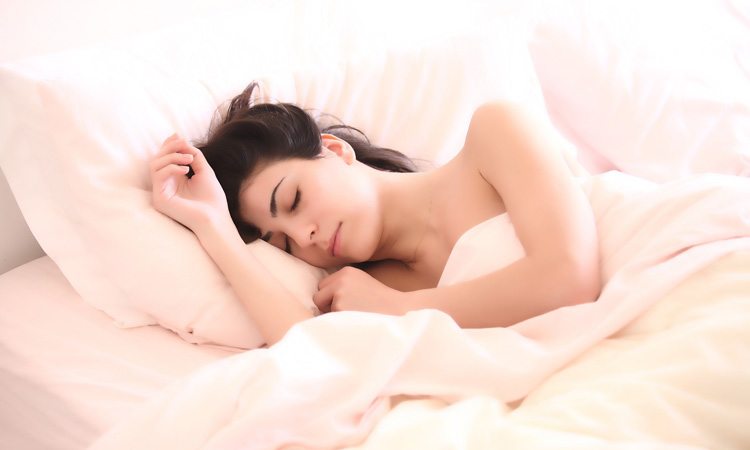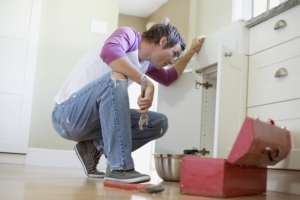People nowadays engage in so many things that have a negative impact on their sleep quality. This article goes over these bad habits and presents tips and solutions that counter these effects and improve their sleep experience.
Sleep is important – it’s one of our basic necessities. In fact, Harvard Business Review has deemed sleep to be more important than food! Of course, anyone who has ever experienced being sleep deprived knows and understands this by heart. Unfortunately, this includes most Americans. Good sleep has become a luxury. And over the years, the need for sleep aids like blue light glasses has significantly increased.
Why Do People Need Sleep Aids Like Blue Light Glasses in the First Place?
Even though people understand the importance of good sleep, not much is done towards the improvement and maintenance of sleep quality. Some people even further the deterioration of their sleep quality without even knowing it, then resort to using sleep aids to help undo the damage.
Intentionally Staying Awake Well into the Morning
Whether it’s to get some extra work done in the office, to go have a drink or two with friends, or to stay in and watch 5 seasons of a popular television series in one sitting, many people are choosing not to sleep in order to “make the most” out of their days. The short-term satisfaction is rarely ever worth the effort to undo the damage sleep deprivation can have on one’s body.
One day of staying awake can immediately throw off one’s body clock. People who are sleep deprived are not able to function well: they lose focus easily, they’re less aware of their surroundings, they tend to be moody and irritable. To make it worse, the effects of sleep deprivation can last for several days, too.
Being Glued to Screens
People are knowingly (yet sometimes mindlessly) glued to screens for hours on end. Televisions, smart phones, computers, and tablets all emit blue light – a short, high-energy light that hinders the production of the sleep hormone, melatonin.
Because of our constant exposure to blue light, the production of melatonin is also always hampered, turning getting a good night’s sleep into a challenging feat.
Taking Nutrition and Exercise for Granted
It’s not hard to see how nutrition and exercise can have an effect on one’s sleep. With all these being the pillars of health, it’s no surprise that they are all interconnected. One cannot be truly healthy when one of these pillars is being taken for granted.
Not taking nutrition and diet seriously could lead one to experience hunger and cravings late at night, preventing one from getting sleep in order to satisfy their cravings.
Exercise is needed to keep bodily functions in check. It’s also a great way to burn off energy to enable one to be relaxed (not tired) come bedtime. Not getting enough, or any exercise at all can have the opposite effect, making one restless and unable to sleep at night.
Tips to Improve Sleep Quality
If you haven’t been getting enough sleep or good enough sleep, there are a number of things you can try to help you sleep more and sleep better:
Control Blue Light Exposure
Sure, blue light inhibits melatonin production. But this doesn’t mean that blue light is bad for your sleep health. In fact, you actually need blue light exposure for good sleep. You only need to control how much you get, when you get it, and from what sources.
You should aim to get a good, healthy dose of blue light exposure in the morning from the biggest source of natural blue light: the sun.
Any exposure otherwise would prove damaging to your sleep. Getting a lot of blue light exposure from screens at night is a definite no-no!
Avoid Eating Past 6 P.M.
At night, our bodies’ systems start slowing down to prepare us for sleep. Our digestive system, in particular, is a pretty big system that involves the function of several large organs so you can expect our digestive process to take a lot of energy. At night, this system slows down and our energy is preserved until our next feeding.
Eating past 6 P.M. doesn’t let our digestive system take a break. It does the exact opposite – it puts our digestive system into overtime, sending a signal to the brain that our bodies still aren’t done working for the day, thus hindering the production of melatonin once again.
Set a Bedtime Routine
This is advice usually given to parents of babies and toddlers when establishing a sleep schedule. But this is still sound advice for adults who want to get good sleep. The truth is, no matter how old we are, our bodies love routine. Setting a bedtime routine will let our bodies know when it’s time to go to bed.
Here’s a good sample routine:
9:00 P.M. – take a warm bath.
9:30 P.M. – do skin care routine.
10:00 P.M. – switch off lights and gadgets and settle into bed.
10:30 P.M. – go to sleep.
Continuously following this routine trains the brain to release melatonin at the right time for sleep.
Shut Out the World
Getting an information overload at this day and age is not hard in the slightest. We’re exposed to so much information on the daily. Even just by browsing and scrolling mindlessly on social media could result in an information overload. For this reason, it’s advisable to take short breaks when browsing social media websites.
When it comes to sleep, one should make it a habit to switch gadgets off and shut the world out at least 30 minutes before going to bed to give your mind a break.
One may even opt to hold a short meditation session after switching off their gadgets to detach further and let go of stress.
Meditation sessions do not necessarily mean that you’d have to follow a guide. One can simply sit still and listen to and focus on your breathing.




